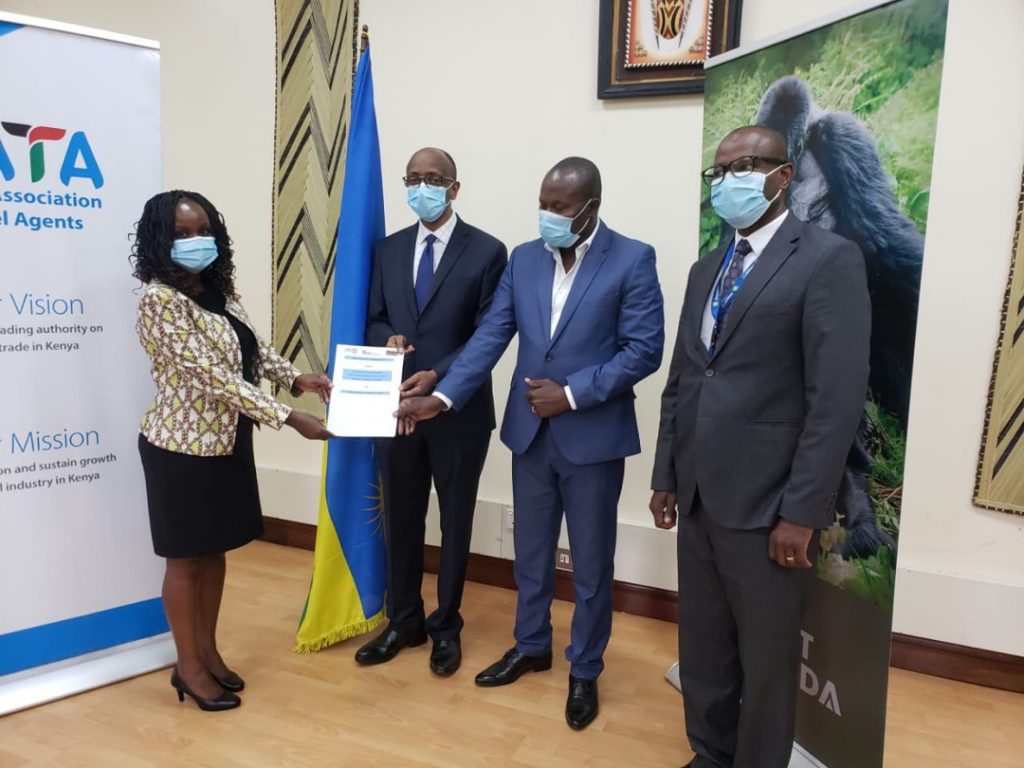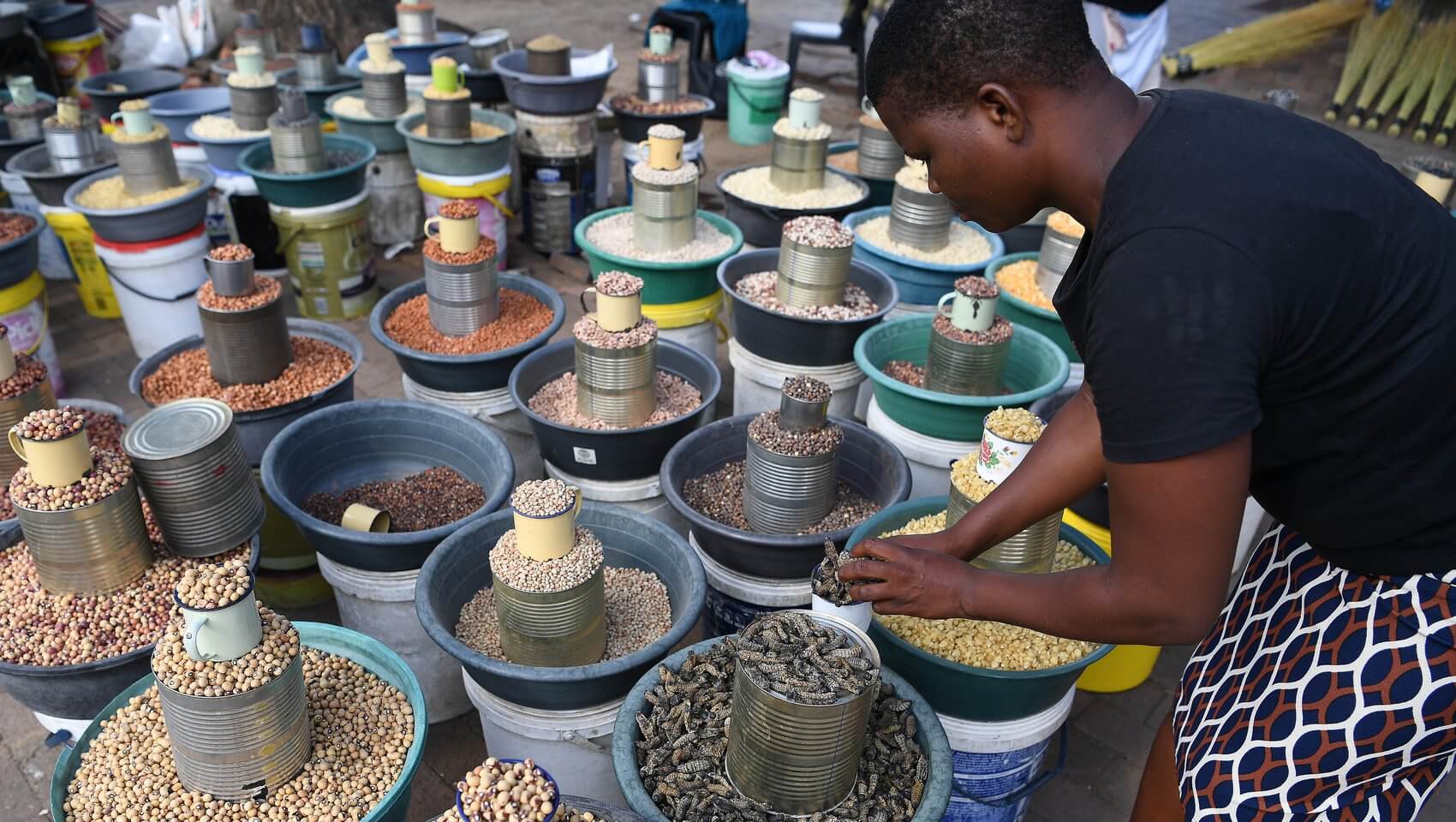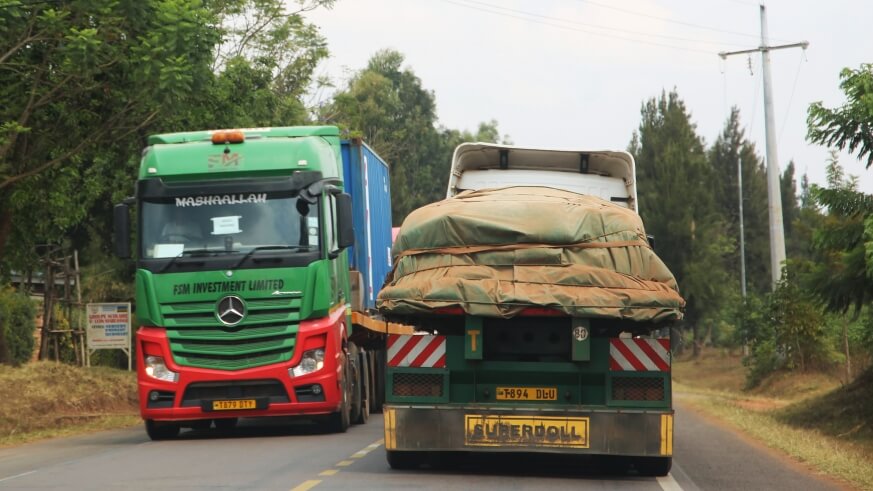Rwanda Development Board (RDB) and Rwanda Chamber of Tourism (RCT) have inked an agreement with the Kenya Association of Travel Agents (KATA) and the East African Tourism Platform (EATP) to develop business and leisure travel in the East African Community. Signed this week in Nairobi Kenya, the deal will see RDB, RCT and KATA work together to implement tourism marketing and promotional programs of both countries (Rwanda and Kenya) by conducting joint-marketing activities that will drive visitors to the countries’ attractions and experiences. Under the deal, the signatory parties will also organise familiarization trips and educational webinars to promote regional travel, aimed at creating increased opportunities for private sector actors in the travel industry. “As part of the agreement, the partners will collaborate on addressing challenges faced in the region’s travel industry and explore a range of solutions and initiatives that can help transform businesses in the sector; market the region’s tourism offerings to new audiences and promote regional travel,” read a statement from RDB, concerning the deal. Among other activities agreed upon, RDB, RCT and KATA will work to provide opportunities for exchanging knowledge, expertise and best practices on travel; promote the exchange of familiarisation visits between Kenya and Rwanda; encourage tourists flows between Kenya and Rwanda and share the countries’ respective calendars of events for stakeholders information and attendance. “We are very excited about this cooperation and look forward to working more closely across the board with all the players in the travel and tourism industry as we...
Rwandese Body, Kenya’s Travel Agents Ink Deal To Promote Regional Tourism
Posted on: January 25, 2021
Posted on: January 25, 2021
























